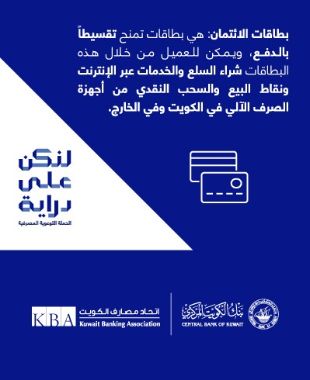Knowledge Center
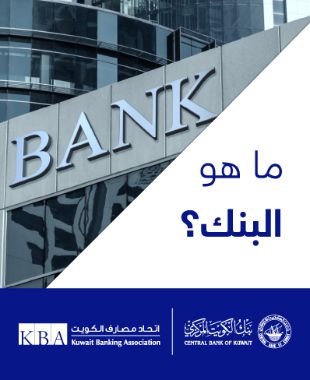
Banks are defined as "institutions whose primary function is to accept deposits for use in banking operations, such as providing loans and advances, issuing and collecting cheques, trading in foreign currencies and precious metals, and the other credit operations".

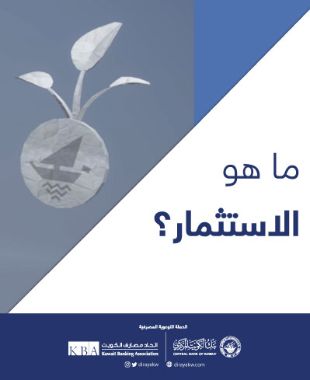
Savings refer to saving part of your money for later use, and investments refer to allocating an amount of money and investing it in a product or service with the purpose of obtaining profits. Kuwaiti banks provide various products and services for safe investment that help manage your investments and increase your returns.

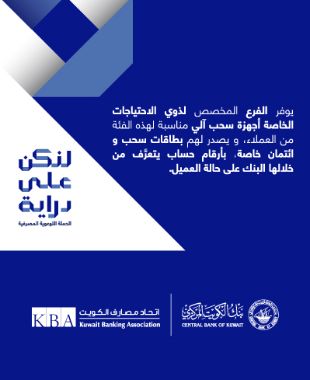
The banking sector is aware of the particular needs of people with special needs and keen to accommodate to them by providing special financial and banking products and services.

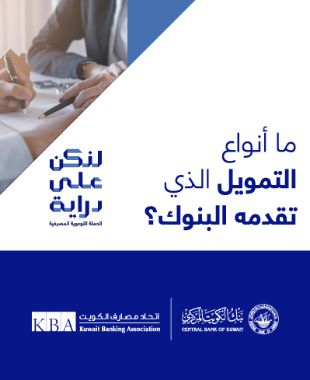
Personal finance is provided by banks to individuals to meet their personal needs.

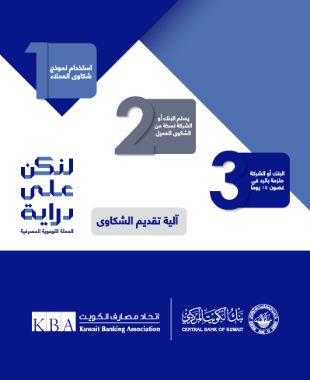
If a customer (individual) has a complaint against the bank he/she deals with (or any other entity subject to the supervision of the Central Bank of Kuwait, e.g. exchange companies, investment companies, and financing companies), he/she should follow a well-defined mechanism/process to submit his/her complaint.

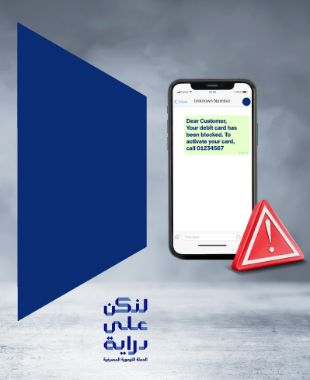
We always strive to help customers protect their banking information and avoid falling victim to any fraudulent activity.










 Find Us
Find Us 1801801
1801801





